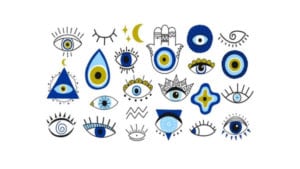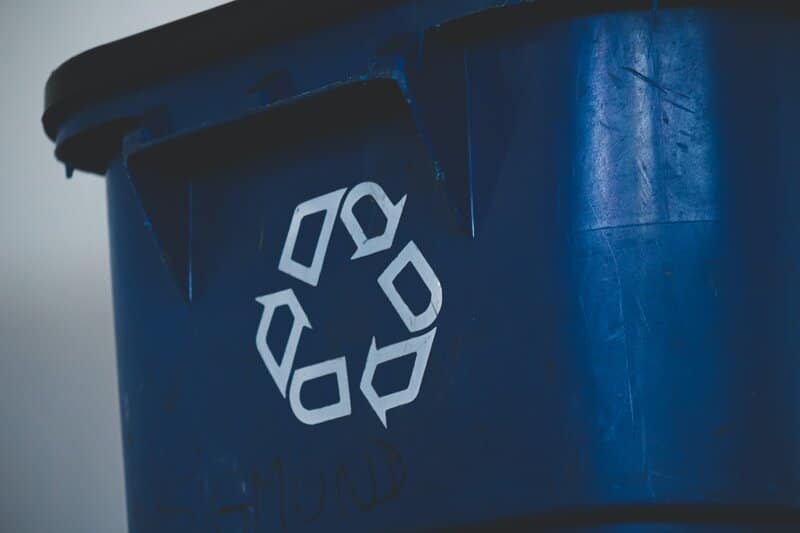
For recycling simply; We can say that it is the process of converting unused waste materials back into raw materials. There is an opportunity to recycle the unused parts of the materials we consume into raw materials. This process reduces the consumption of new raw material resources; It also largely prevents the scattering of reusable wastes into the environment. At the same time , recycling prevents a large amount of energy loss.
Recycled aluminum uses 35% less energy than aluminum produced from scratch. Its importance for environmental pollution is inevitable. The use of waste paper in paper production can reduce air pollution by over 74%, water pollution by 35% and water use by around 45%. For example, using one ton of waste paper in pulp prevents 8 trees from being cut.
How Does Recycling Start, How Does It Continue?
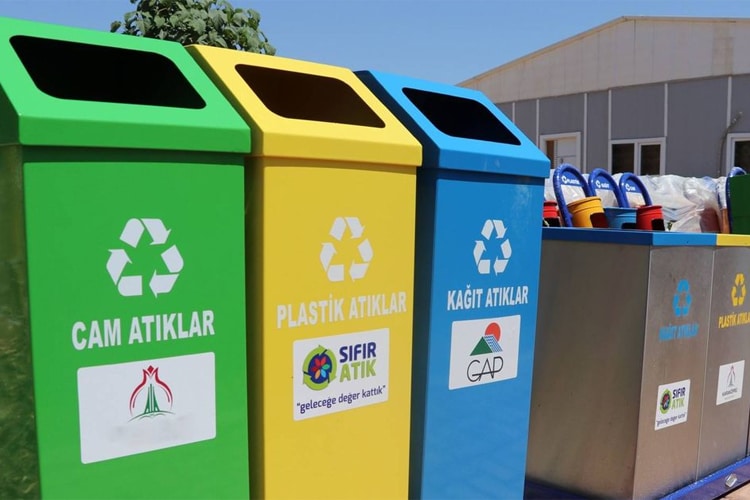
As one of the results of the wars, the need for raw materials and the decrease in production revealed the need for recycling. During the Second World War, major states started nationwide recycling campaigns. The need for metal and fiber raw materials, in particular, encouraged their recycling by citizens.
Countries with limited raw material resources such as Japan continued to recycle after the war. Education is at the forefront of the important conditions for spreading the recycling mentality to the society. Recently, recycling has been given importance in education programs in the world.
Recycling takes its place in education systems with environmental awareness, due to its contribution to the future of the world. Materials that can be easily recycled, such as paper, plastic bottles and jars, are the main elements of the recycling awareness in schools. Another factor that will affect recycling as much as education is the economy.
Consumers with sufficient purchasing power can more easily access environmentally friendly options. This may encourage manufacturers to use recycled materials in their products. Moreover, it is very important to give clear directives to the consumer to include the recyclable product in recycling.
The Most Common Wastes Used for Recycling:
- Pine
- Paper
- Plastic
- Aluminum
- Concrete
- Battery and Battery
- Organic Wastes
- Electronic Waste
- Textile products
- Wood and Derivatives
- Solvent Based Wastes
Now, let’s take a closer look at what processes these recyclable materials go through:
1) Glass
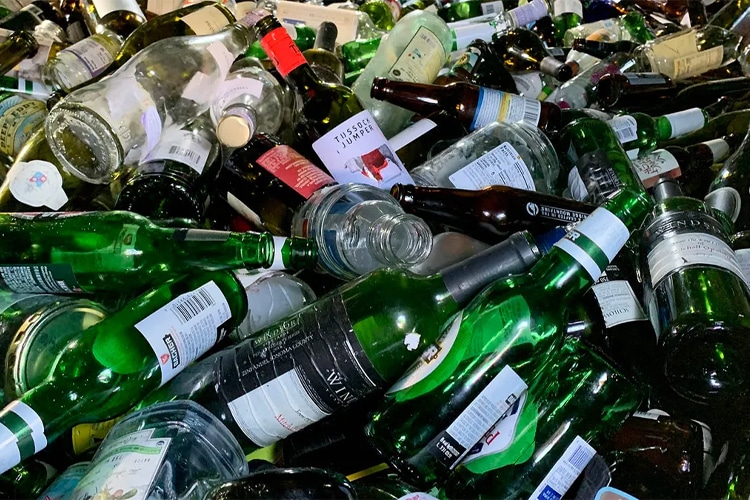
Glass wastes (such as bottles, jars) are collected in collection boxes reserved for glass, separated by color and delivered to recycling facilities. It is separated from waste and additives. The glass is broken and added to the raw material mixture and poured into the melting furnaces. With this method, it gains the function of being glass again. Broken glass can also be used as concrete additive and camasphalt.
About 30% recycled glass is used in Camasphalt. Thus, glass can be recycled in an endless loop and does not deteriorate in its structure. As a result of recycling 1 ton of glass waste, 100 liters of gasoline can be saved. 30 million liters of gasoline could be saved annually from recycling glass waste nationwide.
2) Paper
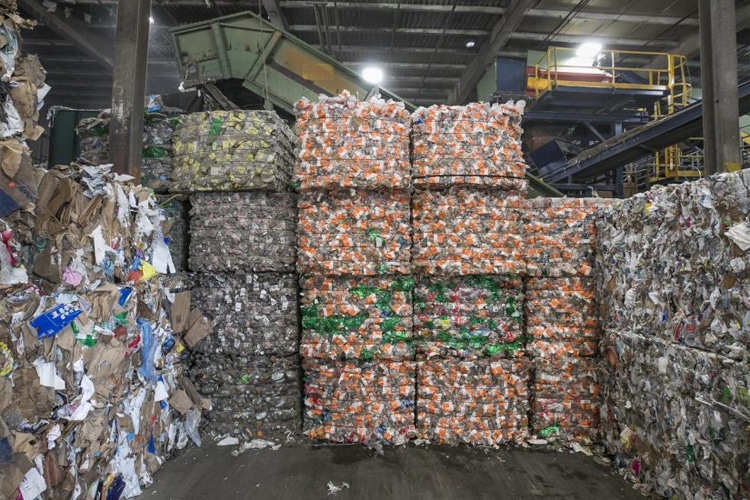
First, it is decomposed into fibers in water to prepare the pulp . If necessary, it is subjected to a cleaning process for foreign materials that do not contain fibers. Sodium hydroxide or sodium carbonate is used for ink release purposes. The ready-made paper fibers are then used for the production of recycled paper.
By recycling 1 ton of used paper waste, the destruction of 16 adult pine trees and 85 square meters of forest area can be prevented. Throughout the country, 80 million pine trees and 40,000 hectares of forest land could be preserved annually.
3) Plastic
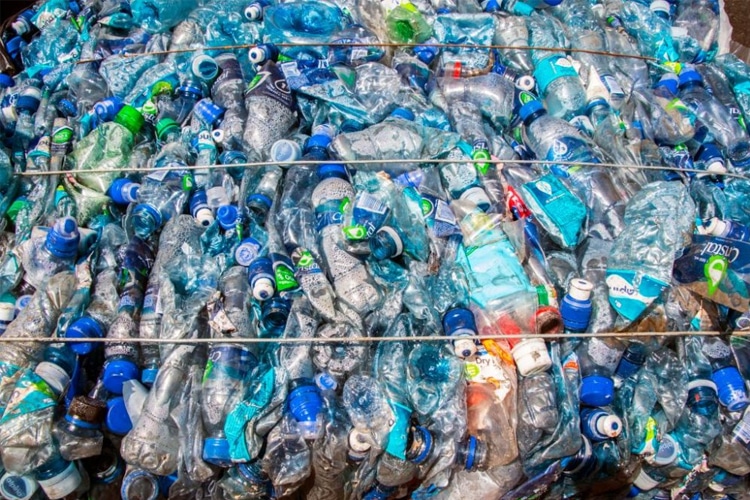
Plastic wastes are first separated according to their types and then recycled. Recyclable plastic waste separated by type is broken into small pieces in crushing machines. Then, recycling businesses can mix these parts with the actual raw material in certain proportions and use them in the remanufacturing process.
Another option is to remelt it with additives and turn it into a second class raw material. With the recycling of 1 ton of plastic packaging waste, 14000 kilowatts of energy can be saved. The amount of energy that can be saved throughout Turkey is 4 million megawatt hours per year.
4) Aluminum
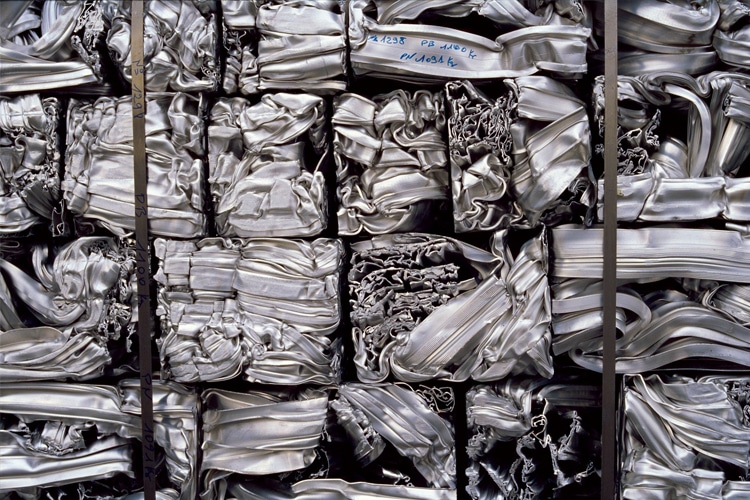
Waste aluminum is chopped into small particles. The resulting particles are then melted in large furnaces and cast aluminum is obtained. Thus, waste aluminum and pure aluminum become almost the same and are used in production.
By recycling 1 ton of metal waste, 1300 kilograms of raw materials are saved. It can reach 2 million tons in total annually in Turkey.
5) Concrete
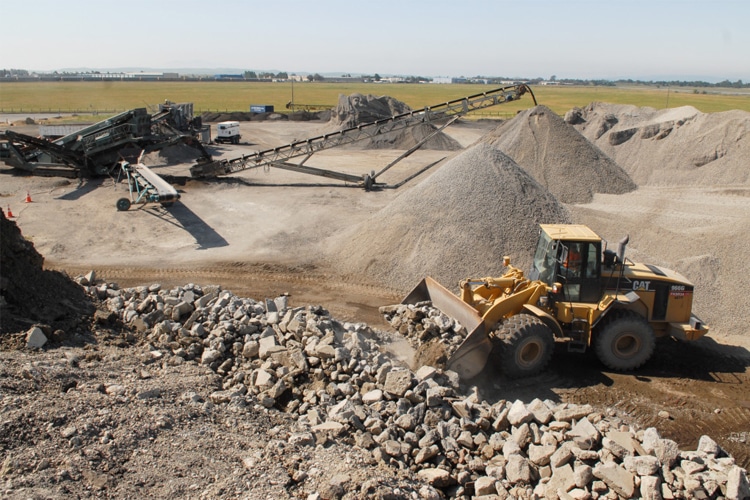
Concrete pieces and rubble are collected and brought to the areas where the crushing machines are located. After crushing, small pieces are used for gravel in new works. Crushed concrete can also be used as a dry mortar for new concrete if it does not contain additives.
6) Battery and Battery
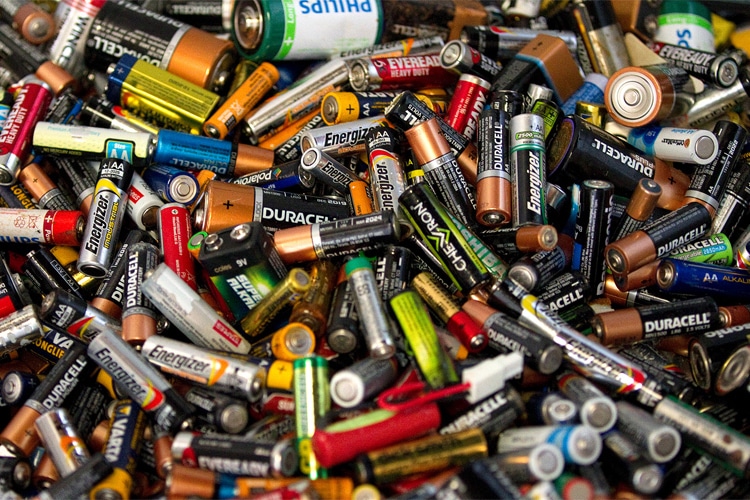
Acid and lead in batteries used in small vehicles and uninterruptible power supplies are neutralized, separated and reused. The materials obtained as a result of the process can be used in many areas, especially in the production of new batteries .
Silver oxide batteries used in toys, watches, and most medical supplies contain small amounts of mercury. In most countries, there are various debates regarding the proper disposal of this mercury. Silver oxide batteries are recycled so that the mercury does not harm the environment and can be reused.
7) Organic Wastes
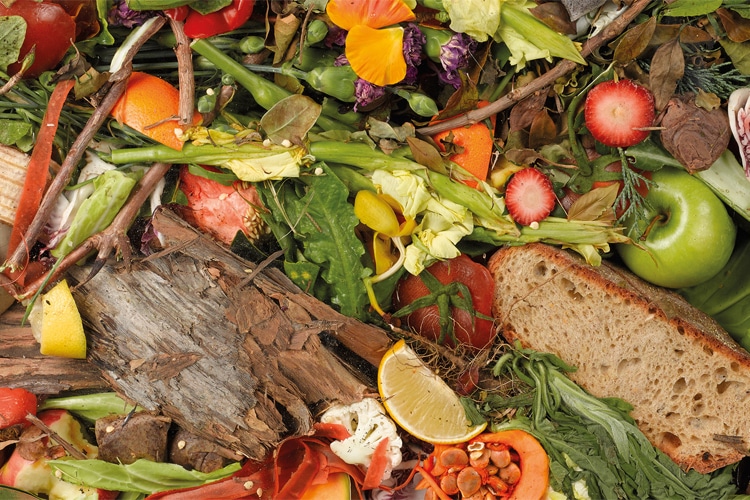
Organic wastes are broken down into their basic components by decomposing by microorganisms. When organic wastes are collected and occasionally mixed and decomposed in a controlled manner, a very rich fertilizer for plants and soil can be obtained. This process is called compost.
8) Electronic Waste
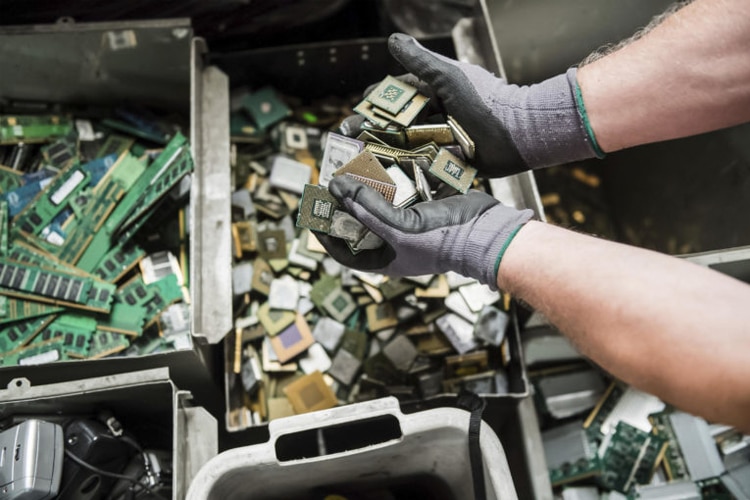
Electronic waste is becoming a growing problem worldwide, as it contains toxic substances. electronic scrap components such as CPUs; contains potentially harmful materials such as lead, cadmium, beryllium or brominated flame retardants. Recycling of electronic waste involves great risks to the health of workers and the environment.
The Medal Project was carried out by the Tokyo 2020 Olympic and Paralympic Games Organizing Committee between April 1, 2017 and March 31, 2019. During the project, small electronic gadgets such as cell phones, digital cameras, portable game consoles and laptop computers were collected throughout Japan. Electronic waste weighing approximately 79 tons was provided.
Approximately 6.21 million of these wastes consisted of used mobile phones. These devices, which were collected for recycling, were classified, shredded and melted. During melting, gold, silver and bronze were separated from other substances in pure form. As a result of this separation, 32 kg of gold, 3.5 kg of silver and 2.2 kg of bronze were obtained.
9) Textile
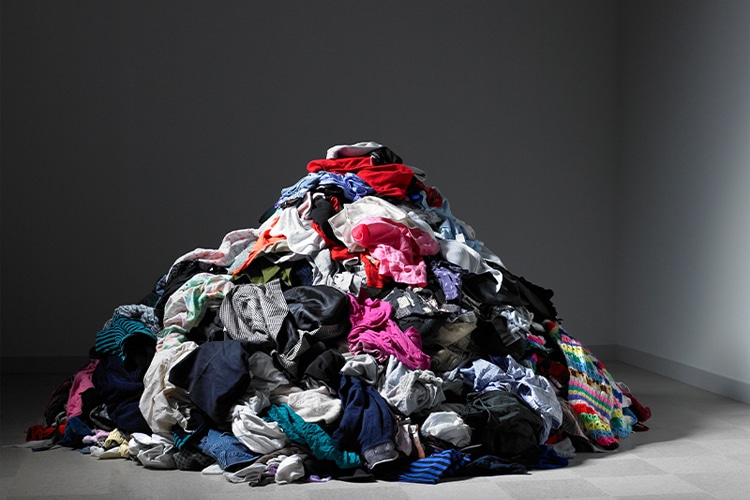
Textile products are subjected to the process that produces regenerated fiber. Produced regenerated fiber goes through various processes. Then regenerated yarn is obtained. Textile products are produced from this yarn again. Thus, savings are achieved in raw materials.
However, producing textiles from scratch will still lead to water consumption. For this reason, choosing wearable textile products as second hand will prevent water consumption.
10) Wood
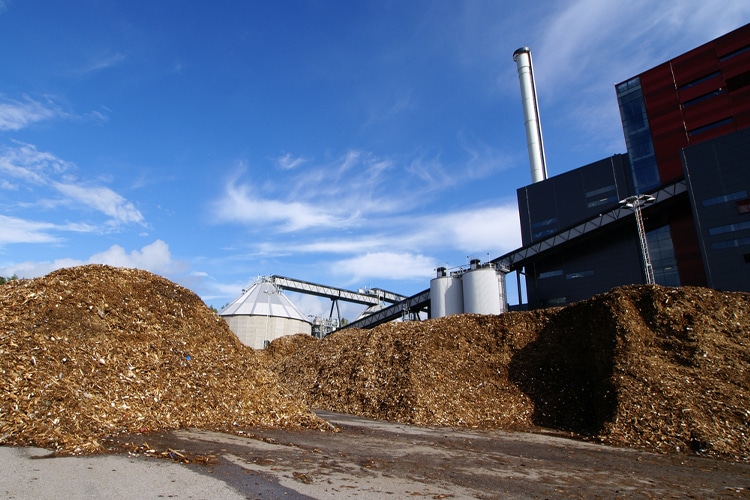
Wooden materials are collected from the garbage or the wastes in the relevant collection areas and production facilities and sent to the relevant recycling facility. It is passed through machines with sensors in order to separate the foreign materials in or between the woods.
It is obtained as pure material as possible to be included in the recycling. These materials are used to make furniture, packaging, transport pallets and crates, building material, sawdust and chipboard.
11) Solvent Based Wastes
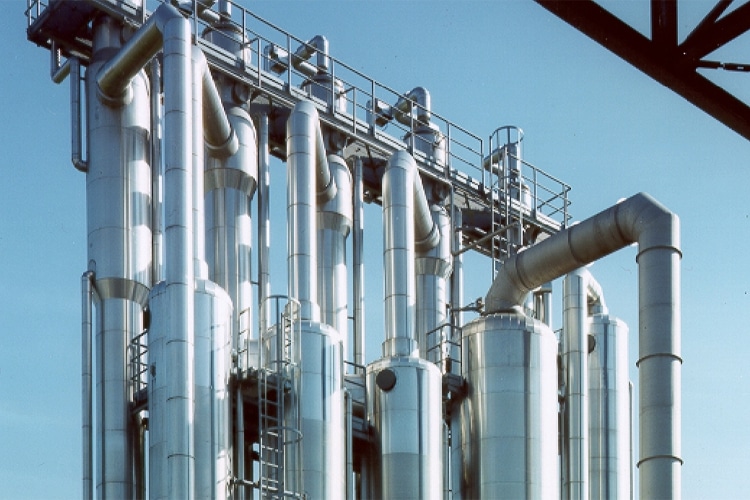
Solvent-based wastes are recycled using the boiling point difference. In order to remove the solvent from the contaminants, the solvent containing the pollutant is heated and the solvent is evaporated. The steam is cooled again and turns into a liquid. In this way, the solvent is cleaned from other contaminants.
This waste, which is released during manufacturing, continues endlessly in the recycling of solvents. The reason for this is that solvents that are purified and cleaned can return to their pure state without leaving their former properties.
Which Waste Cannot Be Recycled?
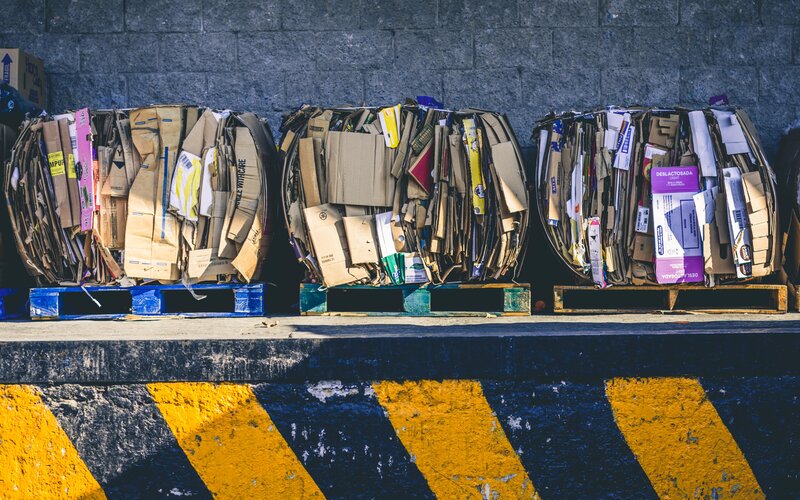
- Plastic bags , due to their stretching feature, are attached to the machines in the recycling facilities and prevent their operation and cause damage. Recyclable materials placed in bags at recycling stations will be garbage.
- The outer part of the paper cups is made of paper and the inner part is made of polypropylene. Containers cannot be recycled unless the materials are separated from each other. Also, this allocation is a new resource consumption.
- Packaging produced with more than one substance cannot be recycled either. Beverage cans made of aluminum inside and cardboard outside cannot be recycled in this context.
- Paper towels and wipes remain below standard sizes for recycling. For this reason, they can get stuck on the tapes and cause the system to malfunction. Since paper towels and handkerchiefs take place in daily life, they are usually contaminated with food residues. This situation causes other recyclable paper wastes to get dirty and not to be able to be recycled.
- Materials such as adhesive tape, post-it and wrapping paper cannot be recycled due to the adhesives they contain.
- Plastic straws containing food residues cannot be recycled as they cannot be cleaned properly.




